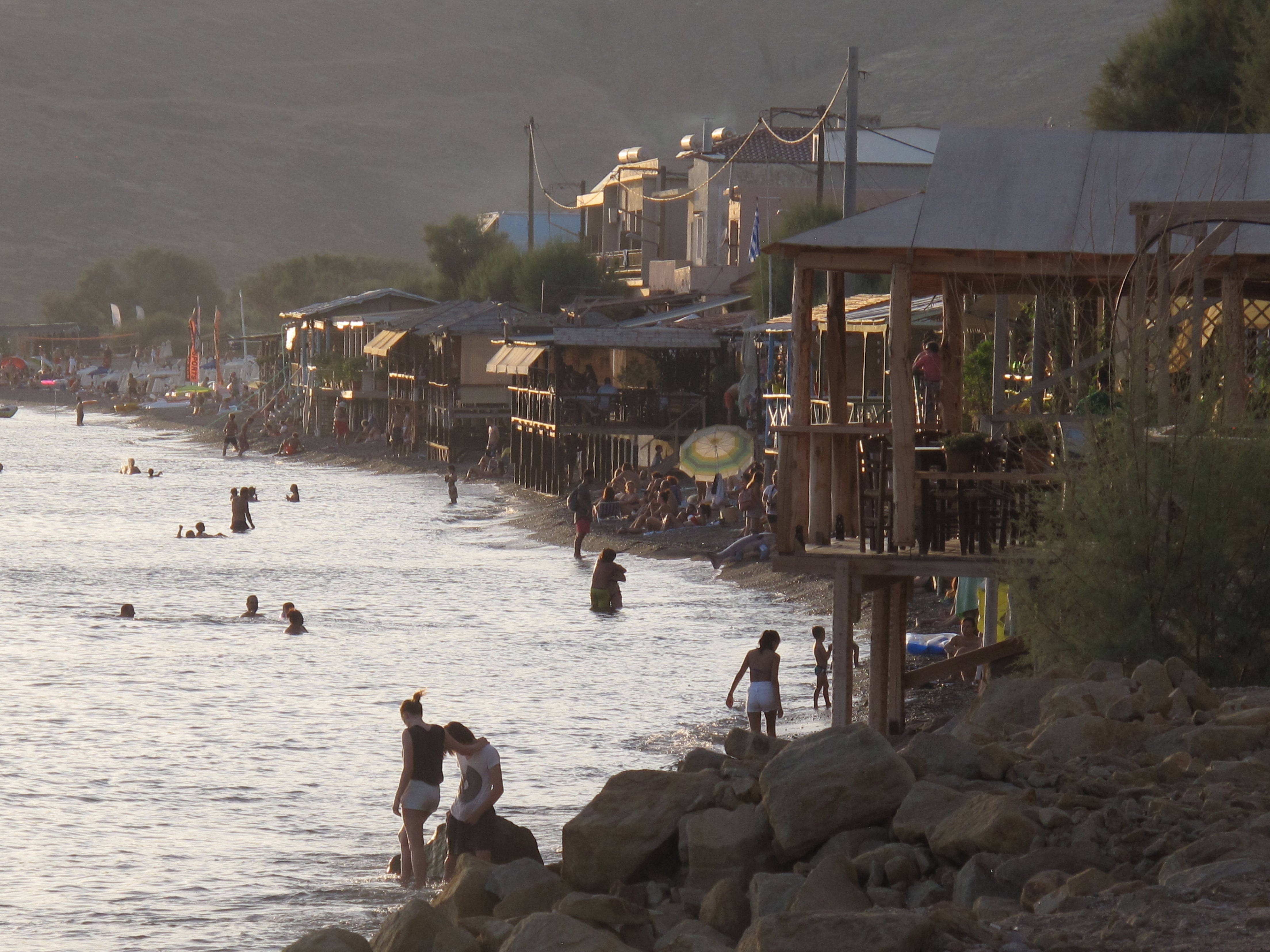No Friday scramble for UK-bound flights as travel quarantine policy eases
Pressure is growing to lift the ‘no-go’ rating from countries such as Portugal

Your support helps us to tell the story
From reproductive rights to climate change to Big Tech, The Independent is on the ground when the story is developing. Whether it's investigating the financials of Elon Musk's pro-Trump PAC or producing our latest documentary, 'The A Word', which shines a light on the American women fighting for reproductive rights, we know how important it is to parse out the facts from the messaging.
At such a critical moment in US history, we need reporters on the ground. Your donation allows us to keep sending journalists to speak to both sides of the story.
The Independent is trusted by Americans across the entire political spectrum. And unlike many other quality news outlets, we choose not to lock Americans out of our reporting and analysis with paywalls. We believe quality journalism should be available to everyone, paid for by those who can afford it.
Your support makes all the difference.British travellers in Italy, Sweden and other countries are breathing sighs of relief after the UK government appeared to changed tack on its quarantine policy.
For the first time in many weeks, there is no sudden scramble for seats on UK-bound aircraft during the 35-hour window between 5pm on Thursday and 4am on Sunday.
It has become customary every Thursday afternoon for the transport secretary, Grant Shapps, to add countries to the “no-go” list, effectively ruling them off-limits for the vast majority of British travellers – and specifying a 4am Saturday deadline for holidaymakers in those areas to return to the UK.
Last week Poland and Turkey were placed on the register of high-risk countries, leaving only Italy and Sweden as the major nations with no restrictions on journeys to and from the UK.
But even though both these countries are well above the British government’s threshold for new infection rates, neither Italy nor Sweden was added.
Instead, quarantine exemption was restored for three popular Greek islands with direct flight links from the UK: Lesbos, Santorini and Zante. In addition, two small islands in the Cyclades, Serifos and Tinos, were also removed from the no-go list.
Crete and Mykonos remain on the no-go list.
Ministers make decisions on based on recommendations from the Joint Biosecurity Centre (JBC).
The DfT said: “The JBC’s latest risk assessment for these Greek islands indicates that the risks to UK public health from travellers returning from these destinations has decreased to an acceptable level.
“A range of factors are taken into account when deciding to add or remove a destination from the exemption list, including the continued increase of coronavirus within an area, the numbers of new cases, information on a destination's testing capacity, testing regime and test positivity rate and potential trajectory of the disease in the coming weeks.”
Scotland continues to insist on quarantine for all travellers returning from Greece, which it imposed last month. The government in Edinburgh said at the time: “A number of cases of the virus in Scotland can be traced back to travel to Greece.”
The regular reduction in the number of accessible countries by Department for Transport (DfT), based on rates of new cases per 100,000 people over the past week, has looked increasingly untenable as coronavirus infections have soared in the UK.
Poland’s new Covid-19 rates are only 30 per cent of those in Britain, yet travellers are warned not to travel there because of an “unacceptably high risk”. Anyone who ignores the advice is likely to find their travel insurance is void.
Paul Charles, chief executive of the travel consultancy The PC Agency, said: “With the UK infection rate being so much higher than many other countries, other corridors should now be restored so that the travel sector can try to return to growth.
“Those going away understand the various measures to socially distance and wear facemasks while abroad. It’s also been proven that infections are not being spread on aircraft.
“The other good news is that there are now more short-haul options for those keen to get away for half-term.”
Pressure is now growing for the government to lift the no-go rating from countries with significantly lower infection rates, such as Portugal – which has only 40 per cent of the UK’s rate of new infections.
While travel is allowed to the islands of Madeira and the Azores, the Portuguese mainland is rated high risk. The tourism authorities in Lisbon say Portugal was the first European nation to be certified for “Safe Travels” by the World Travel & Tourism Council.
The DfT said: “Covid-19 has profoundly changed the nature of international travel. Travellers should always check the latest advice from the Foreign Office, given the potential for changing coronavirus infection rates to affect both the advice about travelling to other countries and rules about self-isolation on return.”
Abta, the travel association, declined to comment.
Meanwhile Italy now requires visitors from the UK either to provide a negative PCR test or undergo a test on arrival.
The Foreign Office says: “You can take a free Covid-19 test at the airport when you arrive in Italy.
"You will have to self-isolate at your hotel or accommodation until you get the results back from your test.”



Join our commenting forum
Join thought-provoking conversations, follow other Independent readers and see their replies
Comments